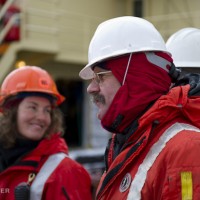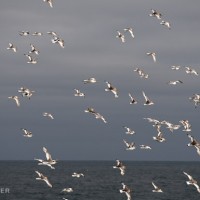
A Little Iron Goes a Long Way
We love getting questions from people reading along on our blog or in classrooms. Yesterday we heard from Shiquan at Monument School, who asked why iron makes plants grow. That’s a great question that gets right to the heart of biological oceanography, so let’s take a day and explore the answer. If you remember from […]
Read more

 January 26, 2011
January 26, 2011 








